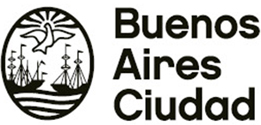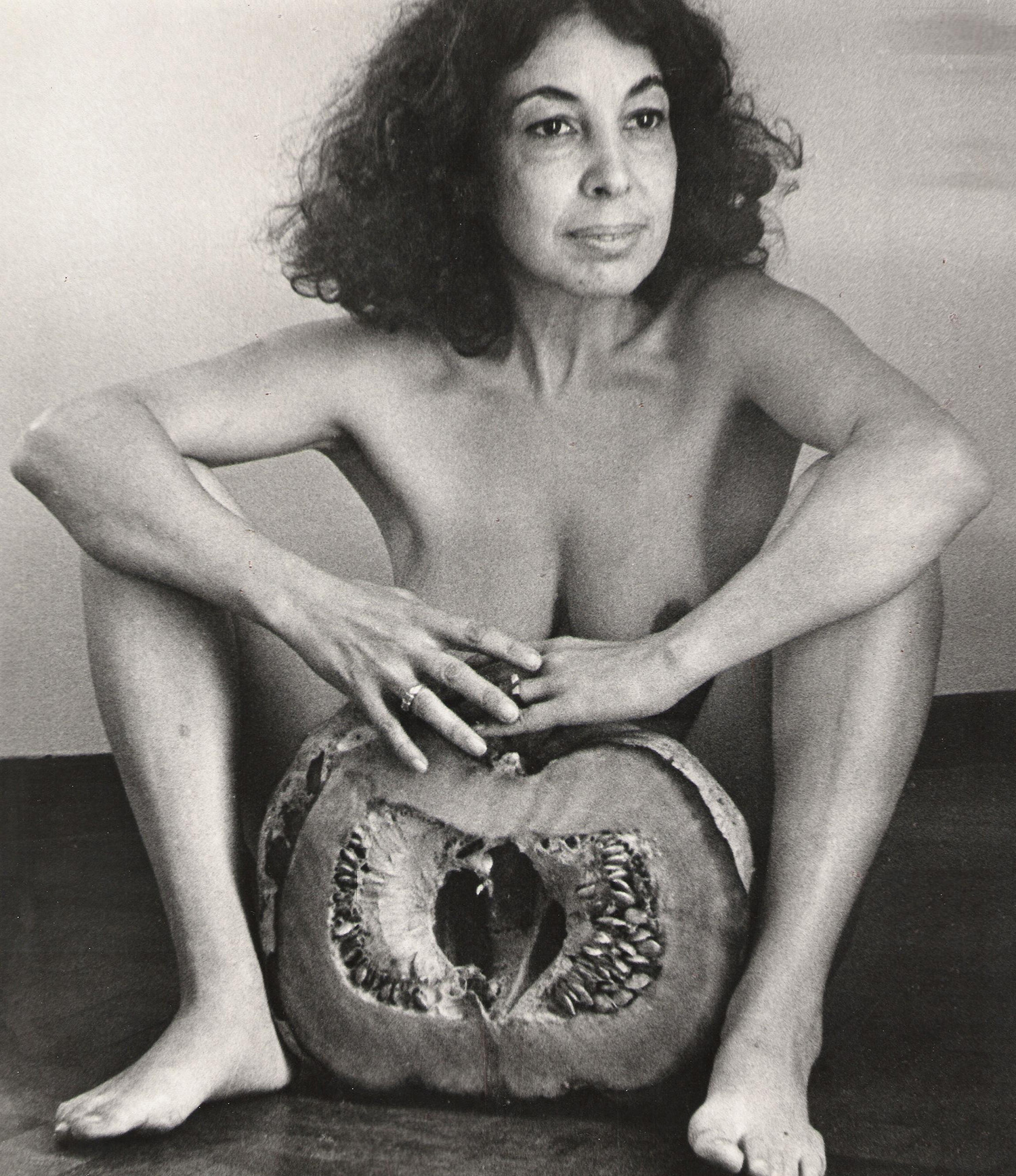Ilse Fusková (Buenos Aires, 1929) is known in Argentina for being an important lesbian activist, fundamental in the fight for the depathologization of homosexuality and for the right of this group to have their own voice and history. However, from a very young age she is intellectually restless, a fact that leads her to develop various activities in her life. Born to a German father and a Czechoslovak mother, Felka – the pseudonym with which she signs her photographs from the 1950s – studies journalism and also works as a stewardess. She collaborates with film reports and comments in magazines such as El Hogar, Chicas, Histonium, Mundo Argentino, Para Ti and Lyra.
As a photojournalist and urban flâneuse, Fusková reflects with her peculiar lens the city of Buenos Aires and its experience of modernity. She dwells on the richness of her cultural environment and on those who remain on the margins of the modernizing process. During her restless and intelligent journeys she poetically captures both simple characters, whom she exalts, and prominent intellectuals and artists, whom she humanizes. After more than a decade of domestic retirement, Ilse Fusková joined the Women’s Liberation Movement towards the end of the 1970s. In this feminist context, she carried out a deep reflection on the perspective of women and the construction of their identity through through the female nude, with which she seeks to expand the traditional canons of her photographic representation. This is the origin of the series El zapallo (1982), an exponent of a feminist art that, even under a de facto government, continues the genealogy begun in the 70s in the context of the Argentine Feminist Union (UFA). Between 1984 and 1985 she participated in the group Imagema, formed by Horacio Coppola and Juan José Guttero. At that time, she held several workshops at Lugar de Mujer, a space created in Buenos Aires in August 1983. There she began her activist practice—first feminist and then lesbian—in parallel with the urgency to begin the process of depathologizing homosexuality in Argentina, which which led her—in 1992—to organize, together with Carlos Jáuregui, the first LGBTTQ+ pride march.
In this essay, I propose to take a journey that goes from the reporter Felka to the feminist activist Fusková, made up of several decades of a poetic and intelligent look.


 Fusková Ilse
Fusková Ilse